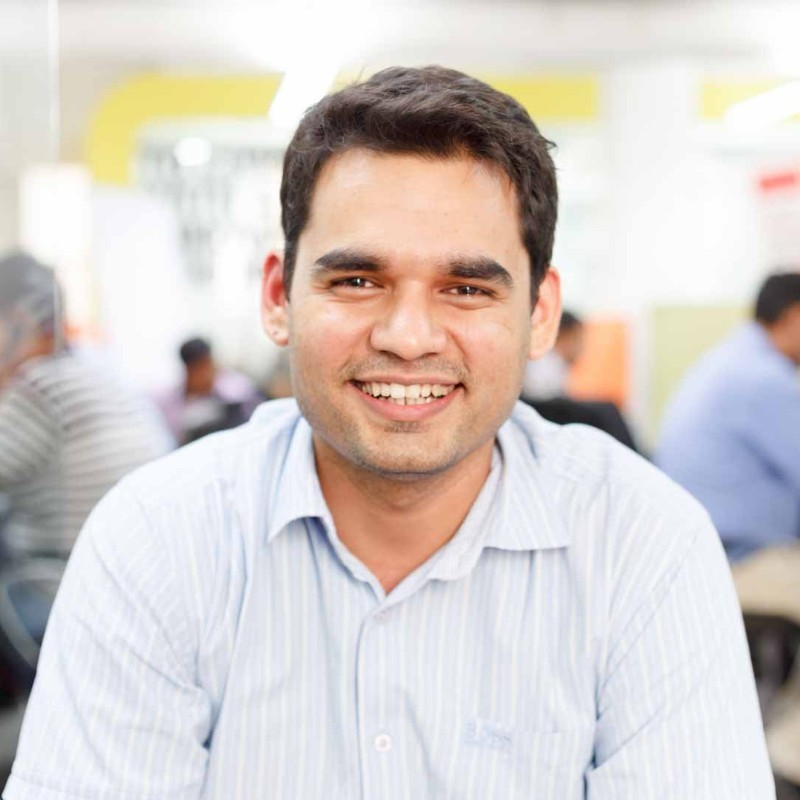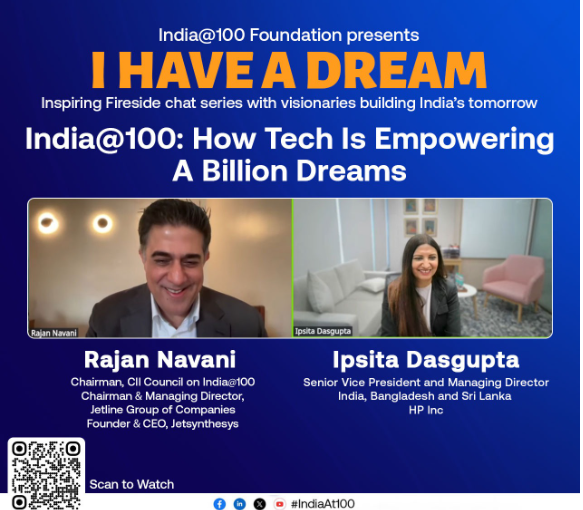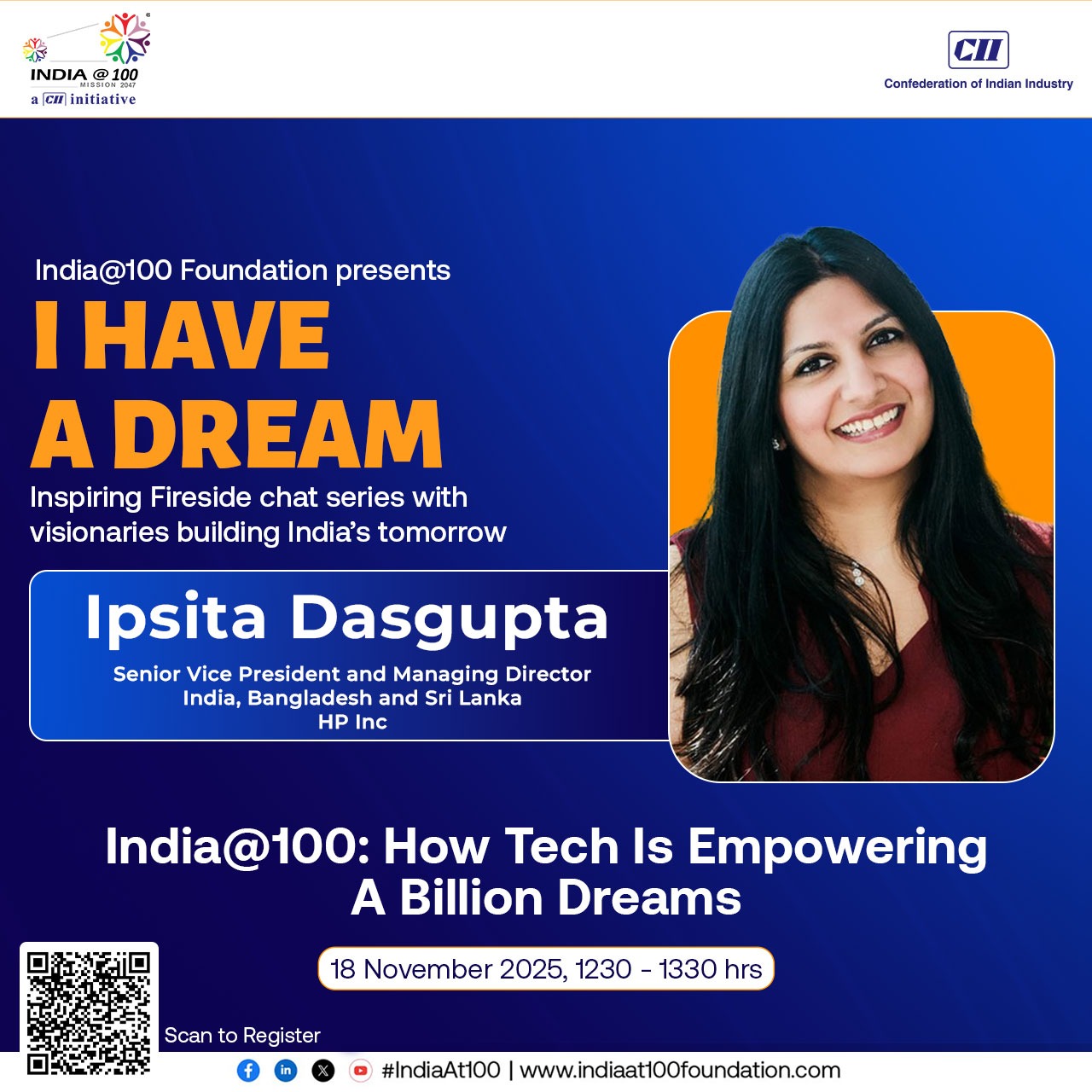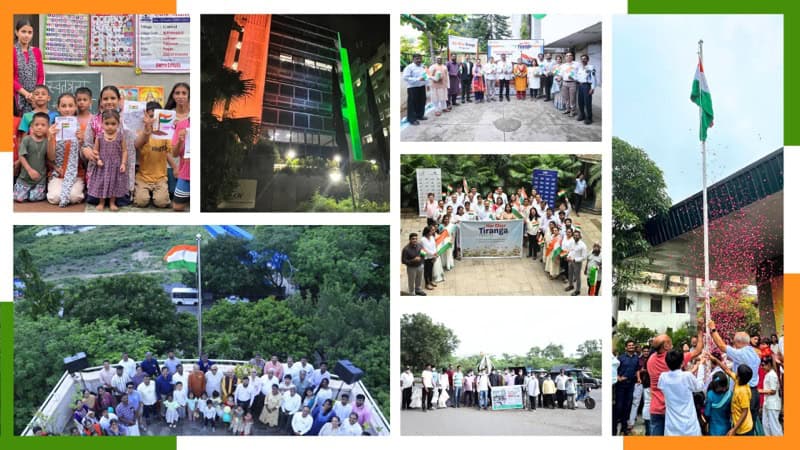“When you empower professionals to become better versions of themselves, they in turn deliver great services to consumers and carry the brand forward.”

— Abhiraj Singh Bahl, Co-founder, Urban Company
On the journey of Urban Company – from idea to impact.
Our journey started in November 2014, we were known as Urban Clap then. The three co-founders Varun (Khaitan), Raghav (Chandra) and I come from different backgrounds. We had all worked abroad but returned to India, wanting to start something of our own. One of the areas that caught our interest was the local services sector.
Finding a plumber, electrician, cleaner, carpenter, or a beautician was not easy. Especially a skilled one. We began to spend a lot of time with service professionals trying to understand why they struggled to deliver a high quality experience to end consumers. Was it an intent problem, or something else? What we found in those initial conversations was that most of the professionals lacked opportunities not intent. Most depended on local contractors and middlemen who sucked out all the profits from the value chain without adding commensurate value back into the system especially for these service professionals. Many of these professionals came from small towns and villages and had very little in terms of skills or tools to add value to their service. Most did not even have the basics for business such as access to bank accounts and credit. And as for the consumers, the level of professionalism, quality and convenience they were looking for was completely missing in the industry.
The more we did our research, the more it became evident that the space was ripe for disruption. The demand side had several pain points while the supply system was fragmented and fractured. There was immense potential in organizing the entire services sector in the country in terms of quality control, technology and robust processes. Importantly we could see that over the next 10-15 years the space was bound to get organized and move from local, unorganized fragmented offline, to organize standardized online. We just wanted to be the folks to lead the change.
What were some of the challenges you faced in the early days and how were those addressed?
Hindsight is 20×20. Today Urban Company seems like a good idea. But in the early days there weren’t too many believers. I guess for most people, it was very hard to imagine a start-up trying to organize the informal sector. That’s understandable because this sector has people who we tend to write off. We would hear things like where will you find them, how will you train them? How are you even going to get them to use smartphones? Well, just then the smartphone revolution happened and the rest say is history.
Today, Urban Company has more than 50,000 carefully-selected service professionals all of whom have been trained by us. We have a large footprint of training infrastructure across the country where we train thousands of professionals every month. There are about 250 plus training centers and a team of more than 300 full time trainers.
We also help these professionals with the right tools, the right products, the right SOPs. and take care of all their other needs, from opening up a bank account to accessing credit. Every professional gets a free life, accidental and health insurance cover from the company. Many of our top rated professionals also gave family health insurance. We have recently launched a stock option program for service professionals where the best performing professionals are awarded Stock Rounds at no cost as recognition of their merit.
What we’ve essentially done is gone deep into the service professional side of the ecosystem, built a full stack platform, not just technology, but training products, credit insurance, in short everything they need. Our belief has been that if you can empower professionals to become better versions of themselves, then they will in turn, deliver great services to consumers and carry the brand forward.
There’s still a fairly long, long arduous journey ahead. We’re probably scratching the surface because India has millions and millions of people who are involved in these trades. We’re very excited by the future.
On how UC onboarded service professionals in the early days when there was no precedent for the business model
The hardest is the early set of professionals. In a technology marketplace, once you have the flywheel going, others come join via word of mouth. I think getting the first 100-200 is often the hardest. It was mostly my co-founders and I, who would go out to the field and meet the professionals individually. We would spend hours with some of them, make repeat visits just trying to convince them. The onboarding of each and every one of the first lot that signed up, is a story in itself.
The best part about the world is that there’s no dearth of optimists out there. One thing that I have learnt through the course of this journey is that we only assume a binary – that people will either look at a glass as half full or half empty. But there are always those who believe that this glass can also be refilled, – we were fortunate to have met those people. I think the first 100 professionals, were really just taking a leap of faith when they joined us. Today, many of them are still with us. Some of them have gone on to buy their homes and cars, they’ve put their kids in grade schools, some have become trainers on the platform and full time employees .
On hindsight, there’s no silver bullet just old school rigour; go and meet people physically, spend time with them, break bread with them and show them your vision. Once you have the critical mass, it is about positive word of mouth.
On how much ground has been covered by digital transformation in the country in the last decade
I am amazed by how much ground the country has covered in terms of digital transformation in the last decade. In 2013, when we first started thinking about UC, we heard people say it was a wild dream because service professionals in India would not have a smartphone. A part of me that was worried and thinking this could be true. I thought, maybe they would actually never come around buying a smartphone. In fact, I remember meeting one of the founders of a grocery delivery company and thinking how on earth was he thinking that people in India would buy groceries online. And I guess he was thinking the same thing about the UC idea.
And, today, look at where we are. So that shows you the ground that we have covered in these 10 years. In the course of my travel to other countries, I have found that India is probably as far ahead as can be in terms of the digital ecosystem – whether it’s digital payments, digital lending or the COVID stack for vaccination during the pandemic. Plus we benefit from the world’s cheapest data. It is 1/10th the price of the next cheapest country in the world, per gigabyte of data.
“I believe that in the next 15 to 20 years the top three companies by market capitalization, in every single category, will be technology first companies.”
The government has laid a lot of emphasis on the digital side to fuel up movements like Startup India. That’s helped make it acceptable to start a company today. When I first told my family about wanting to start something on my own in 2013, the decisions was not very welcome. They were very supportive but uneasy because there were no precedents, no unicorns or no VCs and angel investors. A decade later, we have over 50,000 start-ups, 110 unicorns and God knows how many soonicorns. A lot of credit must go to the government for creating a digital ecosystem that has made starting something on your own the preferred option amongst the youth .
Digitization is also touching organizational processes, not just on the customer side but also the b2b side. Many big industries are getting disrupted through technology and through digitization. I have a view of the world. I believe that in the next 15 to 20 years the top three companies by market capitalization, in every single category, will be technology first companies.
On what helped service professionals, many of whom had no exposure to most basic technologies, take to digital platforms like fish to water
I’ve thought about this quite a bit over the years. I think one of the things that is very interesting and unique about India, is that we have a very, very aspirational young population. And whenever they identify something that can change their station in life, that solution organically diffuses in the market without the need for a marketing blitzkrieg.
While our solution is designed to serve both the service professionals and consumers, it was more disruptive for the former. It created a huge change in their livelihood and in their lives. For the first time they were making middle class wages; their monthly income shot up from 13,000–15,000 rupees a month to 30,000–40,000 rupees. That’s the tipping point for a better life. A lot changes in that bracket because basic gets taken care of and there’s money left for consumerism to kick in. This is the point at which the aspirational value of the population is unlocked.
In the case of UC, service professionals adopted the solution because it meant better earnings and a better life. It was very empowering for them to be their own masters and still make a very decent income. Then there is the whole aspect of dignity of labour, both from the system and the people, which is very, very important. The UC mode of working gives them a financial identity and therefore access to banking, formal credit and insurance. Socially too, they now have a corporate identity and the power to transact on equal terms with the customer. We have a dual rating system, the consumer rates professionals and professionals rate customers. We have tried very hard to establish dignity of labour and create a respectful common ground. That has really encouraged many service professionals to join us.
I remember this one time where there was a major disruption one of our cities, because a local politician was unhappy that people of his caste was being recruited by us to clean bathrooms. He wanted us to give them different assignments. We took a stand and did not accommodate this view. At UC, we believe religion, caste, color, gender, doesn’t matter, what matters is aptitude and the skill level. Some people complain on social media about being sent people of different religions and our response is always the same – UC is not the place for these kinds of consumers.
On signing an MoU with the National Skill Development Corporation (NSDC) to train and certify professionals
Skilling and training have always been an important part of what we do. A couple of years back, at the start of the pandemic, a lot of professionals started coming to us. This led us to think that while having professionals join us was great, we could not always rely on getting skilled professionals from the market and that at some point, we would have to grow our own timber. We would have to build the infrastructure and the training capabilities to train, teach and upscale freshers and build them into high quality service professionals through intensive training.
So, we went out to the market and started building that capacity in most of the trades including complex ones like air condition repair and service. The training we give is the best in class. But there has to be some sort of certification of the skill acquired. That is what the professionals wanted too. So, we approached NSDC and said that we provide the best-in-class training and produce the best-in-class professionals, would you consider certifying them after due diligence? They agreed, it was not a difficult to sell them the idea because they had all used UC professionals at some point, that’s how we signed an MoU with NSDC. Today, most of the people who are joining Urban Company are freshers who have been extensively trained by us and hold a valid certificate. Customers can see the certification of the professionals on their profile page.
On brand equity being built on the strength of its engagement with issues important to society, especially the environment
All businesses will have to have a roadmap that will not just make them environmentally friendly but sustainable as well. This is the only planet we have so environment is super-critical and at UC we think a lot about this issue as well. The biggest element of our carbon element is two wheelers which our professionals use on their beat. We want to, over time, encourage replacing that with Electric Vehicles (EVs). We are also working with the government on a repair policy because we believe that household appliances and goods are better repaired than replaced.
While matters related to the environment is something that all businesses must necessarily have a view on, I am not so sure about matters related to politics or social issues. In this day and age, businesses are expected to react to every issue – that can be a distraction. My guidance to my team has always been to keep one’s head down and focus on making a positive impact on society. That’s what we work towards. That’s our reason to be.





